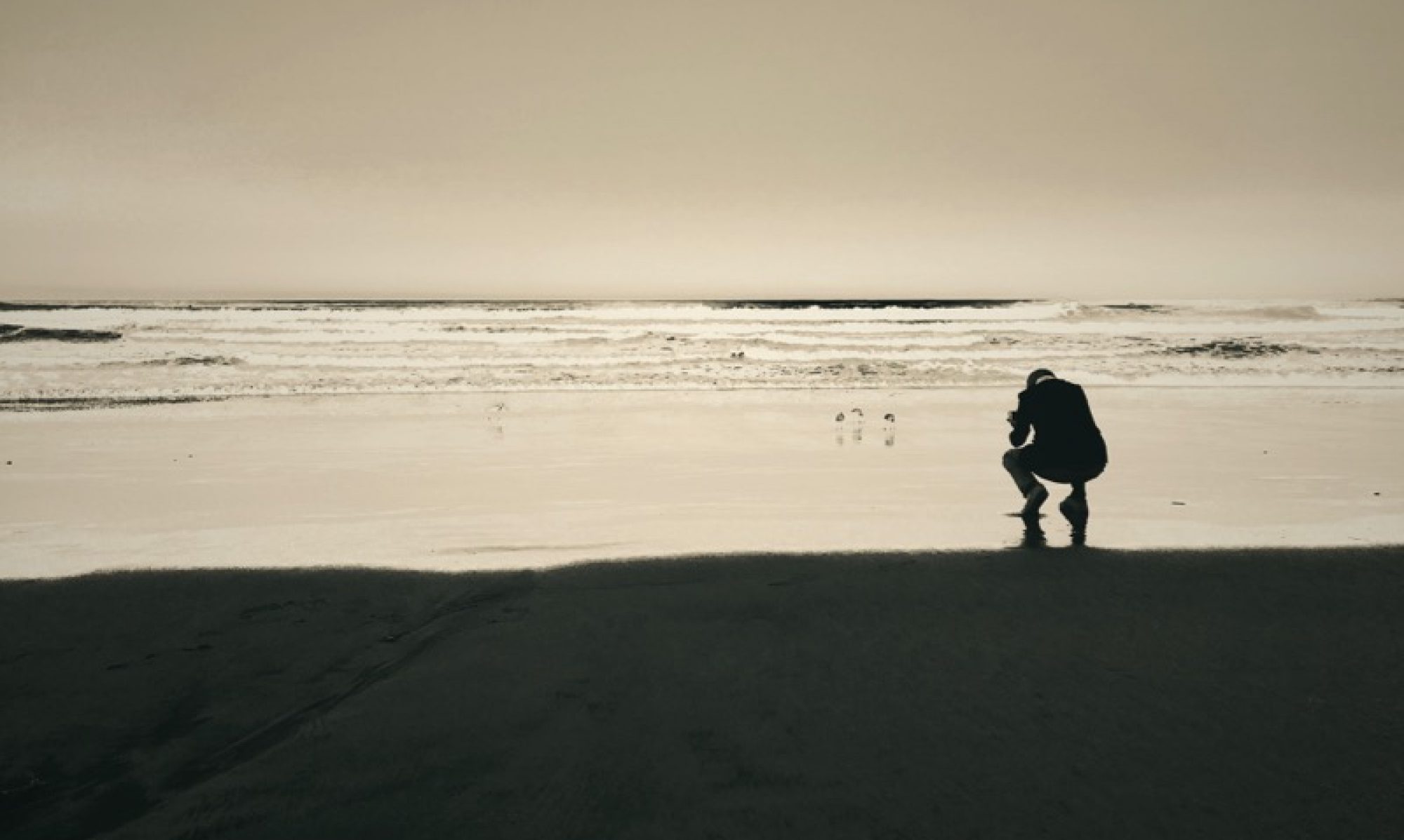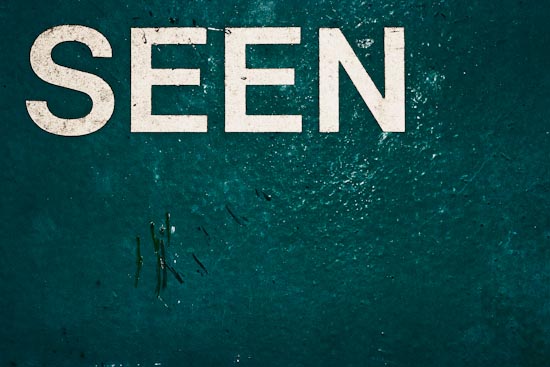I’m personally invested in this piece on Skepticism, published two days ago, and in its author – hence the digression. As one waiter in Miami smoothly calmed my doubts when he recommended chocolate pudding for dessert: “It will be a breeze for you…”
In The End Was Chatroulette
“The site activates your webcam automatically; when you click “start” you’re suddenly staring at another human on your screen and they’re staring back at you, at which point you can either choose to chat (via text or voice) or just click “next,” instantly calling up someone else. The result is surreal on many levels. […]
I entered the fray on a bright Wednesday afternoon, with an open mind and an eager soul…”
I strongly recommend to read more of the fine print first, by New York Magazine’s Sam Anderson, here. If, on the other hand, you feel brave today, here’s the link: Chatroulette.
The Other Side Of Fair Use
A photographer, in a public space, makes a photo that includes a sculpture created by a third party. The sculpture is an integral part of the photo. The photographer licenses the photo for commercial purposes via an agency. The creator of the sculpture finds out about this, settles with the agency, then sues the photographer. Story, and some online discussion, here. Now enter the New Journalism, with readily available expert views on every issue under the sun:
“I’ve argued before – and I’ll happily do it again – that leaving cases of fair use to the judges (and to politicians who write the laws) is the worst possible solution for art.“
The quote is from the ever-conscientious legal blog extraordinaire “Conscientious,” here, and promotes a truly novel approach to the violation of rights. When judges judge thieves, I’m sure the thieves think: What do judges know about stealing? Or think of some chemical company dumping their waste in some river. Who are the courts, the judges, to insert themselves? As if they knew anything about business. Consider the politicians who write the laws, say, to protect the environment. For “Conscientious,” who tells us to side with the ‘insider,’ they are likely to be intruders. On the whole, people tend to be happiest if only they themselves assess their actions. As a legal theory, this idea is so neat, I cannot think of one reason why nobody thought of it before.
Oh, brothers and sisters – where’s a good editor when you need one?

